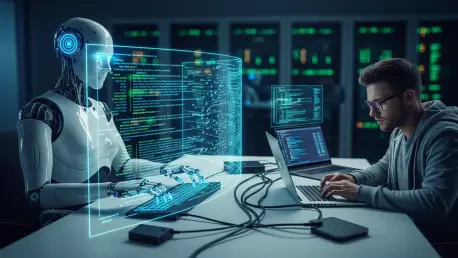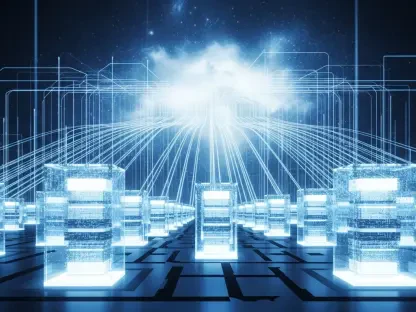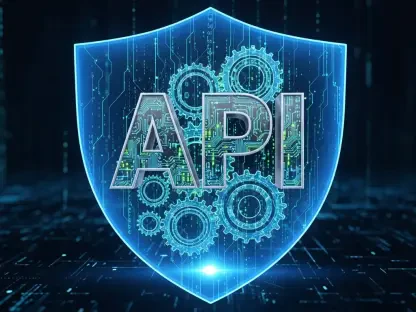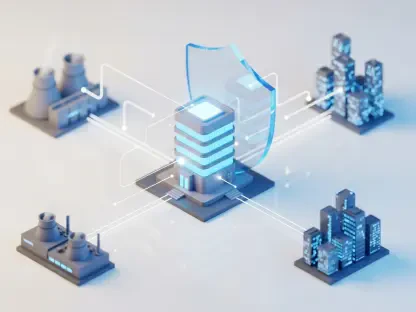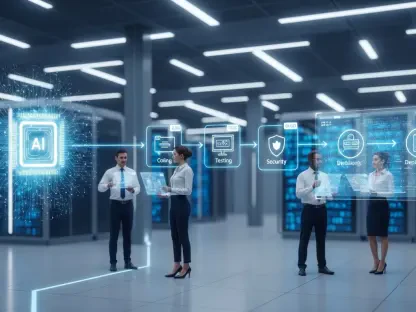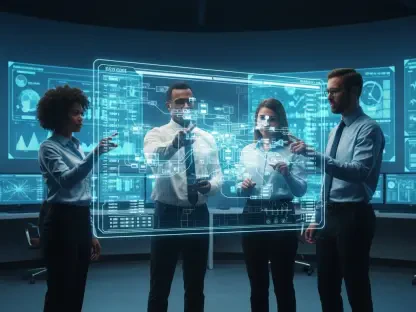As we dive into the ever-evolving landscape of software development, I’m thrilled to sit down with Anand Naidu, our resident development expert. With his extensive proficiency in both frontend and backend technologies, and a deep understanding of various coding languages, Anand offers invaluable insights into the intersection of AI and human expertise in engineering. Today, we’ll explore how AI is reshaping the field, the irreplaceable role of human judgment, and the future of software development through the lens of collaboration and innovation.
How do you see AI fitting into the software development process, especially when it comes to handling routine tasks versus the more complex challenges?
I think AI is a game-changer for the routine stuff—about 70% of coding tasks like generating boilerplate code, setting up basic APIs, or formatting code are easily handled by AI tools. It’s a huge time-saver for things that don’t require deep thought. But that remaining 30%—the complex challenges like architecture design, security, and performance optimization—still demands human expertise. In my projects, I’ve seen AI churn out functional code quickly, but when it comes to edge cases or aligning with specific business needs, it often falls short. That’s where we step in to make critical decisions and ensure the system doesn’t just work, but thrives under real-world conditions.
Can you share an experience where AI-generated code didn’t quite meet expectations, particularly in terms of flaws or security concerns?
Absolutely. I recall a project where we used AI to generate a set of database queries for a web application. On the surface, the code looked fine, but when we dug deeper, we found it hadn’t accounted for SQL injection vulnerabilities. It was a basic oversight, but a dangerous one. We had to rework the queries entirely, adding parameterized statements and additional validation layers. It was a reminder that AI can give you a starting point, but without human review, those oversights can become serious risks. We ended up implementing stricter code review processes for anything AI-generated to catch those gaps early.
In what ways do you think the role of engineers will evolve as AI tools become more integrated into development workflows?
I believe engineers will shift toward more strategic and architectural roles. As AI takes over repetitive coding tasks, our focus will move to designing systems, making high-level decisions, and solving problems that require context and creativity. Skills like system design, threat modeling, and understanding business domains will become even more critical. I’ve seen this in my own work—less time spent on writing basic functions and more on figuring out how components interact at scale or how to balance performance with cost. It’s about becoming orchestrators of technology rather than just implementers.
What does the concept of a ‘human-in-the-loop’ approach mean to you in your daily work with AI tools?
To me, it’s about maintaining control while leveraging AI’s strengths. It means using AI to accelerate tasks like code generation or debugging, but always having a human eye to validate the output. In practice, I might use AI to draft a solution, but I’m reviewing it for logic, security, and alignment with our goals. I remember a time when AI suggested a caching strategy for a distributed system, but it didn’t consider network latency variations. My experience with distributed systems helped me tweak the approach, ensuring reliability. That balance of AI speed and human judgment is crucial.
How have you leveraged AI as a partner in your development process, and what’s an example of it making a tangible difference?
AI has been a fantastic partner for speeding up initial drafts and analysis. For instance, on a recent project, I used AI to analyze a large codebase for potential performance bottlenecks. It flagged several areas in minutes—something that would’ve taken hours manually. But the final solution still came from me; I prioritized which fixes mattered most based on user impact and business needs. AI got me to the starting line faster, but human expertise ensured the result was polished and purposeful. It’s a powerful combo when you use it right.
Can you walk us through a specific problem where AI helped, but human insight ultimately made the difference in the outcome?
Sure, I worked on a project involving a caching library that was causing data inconsistencies for users in certain regions during high traffic. AI was instrumental in scanning the library’s code and spotting potential race conditions. However, it was my understanding of distributed systems and network latency that pinpointed the root cause—a timing issue triggered by geographic differences. I decided to build a custom caching solution tailored to our needs, using AI to speed up the implementation. That blend of AI’s analytical power and my contextual knowledge was what resolved the issue effectively.
Looking at historical tech disruptions like ATMs or cloud computing, how do you think those patterns apply to AI’s impact on software engineering today?
I see a lot of parallels. Just like ATMs didn’t eliminate bank tellers but shifted their roles to more advisory positions, AI won’t replace engineers—it’ll elevate us. With each disruption, routine tasks get automated, and humans move to higher-value work. Cloud computing didn’t kill IT jobs; it created new roles like cloud architects. AI will do the same, pushing us toward architecture, strategy, and innovation. The lesson here is to embrace change, focus on skills that can’t be automated, and use these tools to amplify our impact rather than fear them as replacements.
What’s your forecast for the future of software engineering in the context of AI’s growing capabilities?
I’m optimistic. I think we’re heading toward a future where AI and human engineers form a seamless partnership. AI will continue to handle more of the grunt work, freeing us to tackle bigger, more creative challenges. We’ll see roles evolve into hybrid positions that blend technical mastery with strategic thinking—think reliability architects or performance strategists. The key will be cultivating skills in areas AI can’t touch, like empathy for user needs or nuanced business understanding. If we invest in that now, software engineering will become even more impactful, driving innovation in ways we can’t yet imagine.
